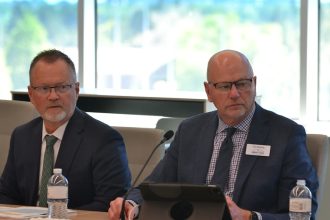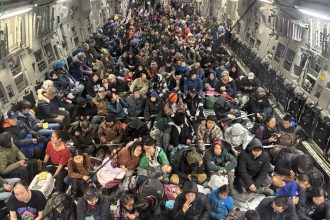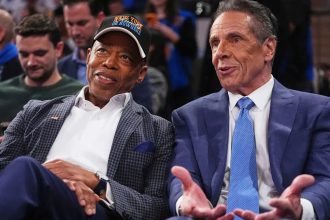Media practitioners from across the northern part of the country have pledged to improve on their reporting styles, especially when it involves children.
This pledge came after a two-day training workshop organised by the United Nations Children’s Fund and the Federal Ministry of Information in Kano.
The regional workshop, which was held at Tahir Guest Palace, drew participants from Kano, Katsina, Kaduna, Sokoto, Zamfara, Jigawa, Kebbi, Nasarawa, Niger, and the Federal Capital Territory, Abuja.
The training, which focused on ethical reporting, protection of vulnerable children, and the role of the media in strengthening child rights advocacy, had different speakers.
One of the speakers, Isiak Tambuwal, who voiced his concerns on behalf of the Zamfara delegation, commended the UNICEF and the ministry for the initiative, describing it as “an eye-opener.”
“We have learned new things about protecting children’s dignity, especially those affected by banditry and humanitarian crises,” he said.
“We are committed to applying these lessons in our reports, and we will seek more information to strengthen awareness in Zamfara, where children face some of the worst challenges.”
From Kebbi, Yusuf Ladan of Channels Television assured that the state’s journalists would reflect the training in their daily reportage, particularly on sensitive health matters.
“Our ongoing reports on malaria vaccination will incorporate these ethical principles,” Ladan said.
Abogonye Abel, who spoke for the Nasarawa team, said the timing of the workshop was critical.
“We will step down the training to other colleagues to ensure these best practices spread,” he assured.
Similarly, Sokoto’s journalists, represented by the state chairman of the Nigeria Union of Journalists, Usman Binji, said the workshop had broadened their professional perspective on children’s rights and ethical responsibilities.
“We have learned a lot about avoiding harm and respecting the dignity of children in conflict and crisis reporting,” Binji said.
He added, “Under my leadership, we will organise more training sessions to step down this knowledge across the state.”
Earlier in his keynote address, the Head of UNICEF’s Kano Field Office, Mr. Rahama Muhammad described ethical child reporting as “a vital service to democracy and to the community.”
“A sensational headline about a child might sell newspapers, but an ethical story protects the child’s right to a future free from shame and harm,” Muhammad warned, urging journalists to avoid publishing identifying details of vulnerable children.
The two-day training concluded today Tuesday with practical sessions on legal frameworks, professional standards, and scenario-based exercises to equip journalists with the tools needed to uphold children’s rights in their reporting.









